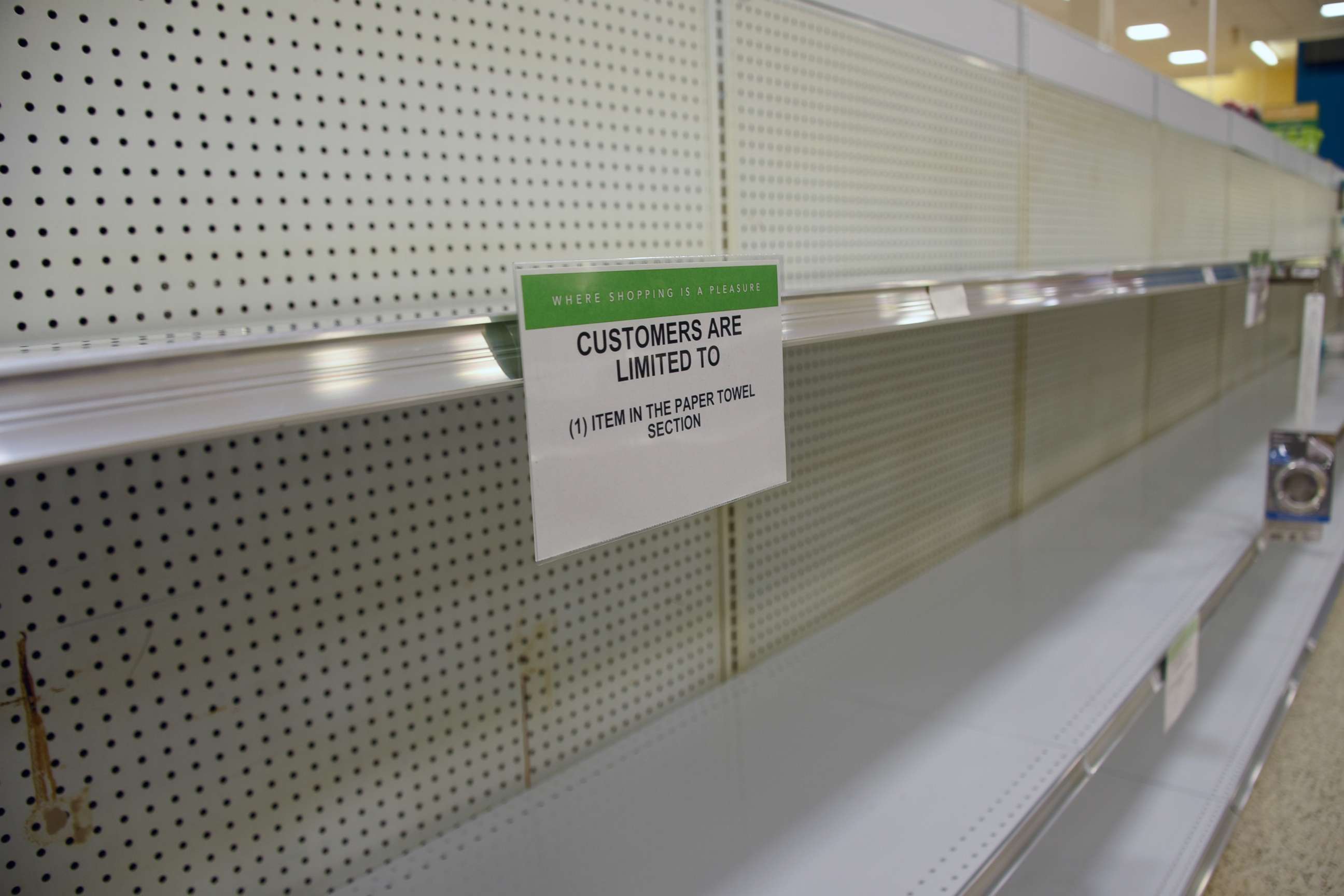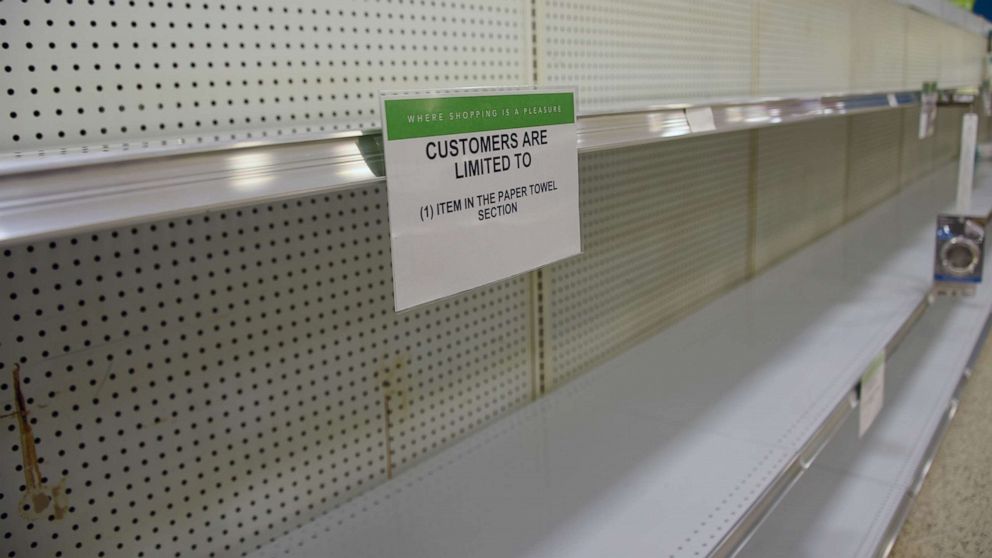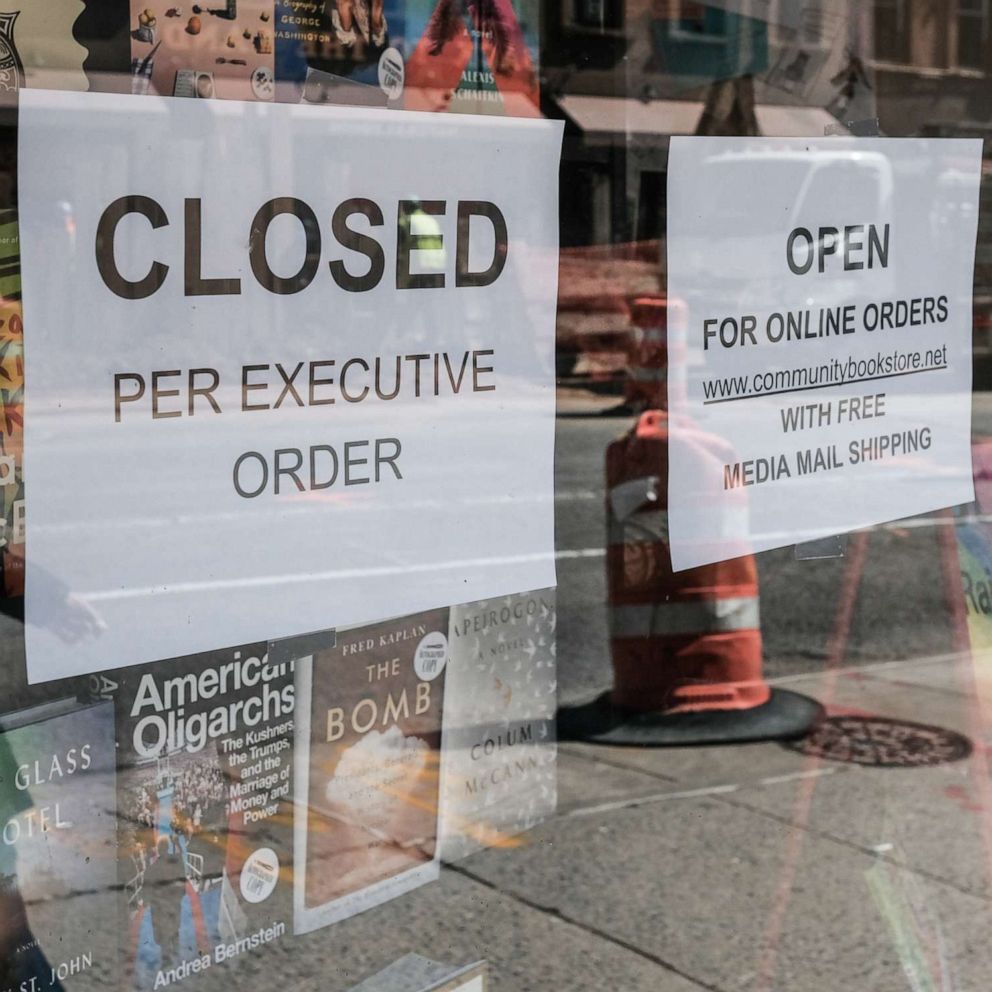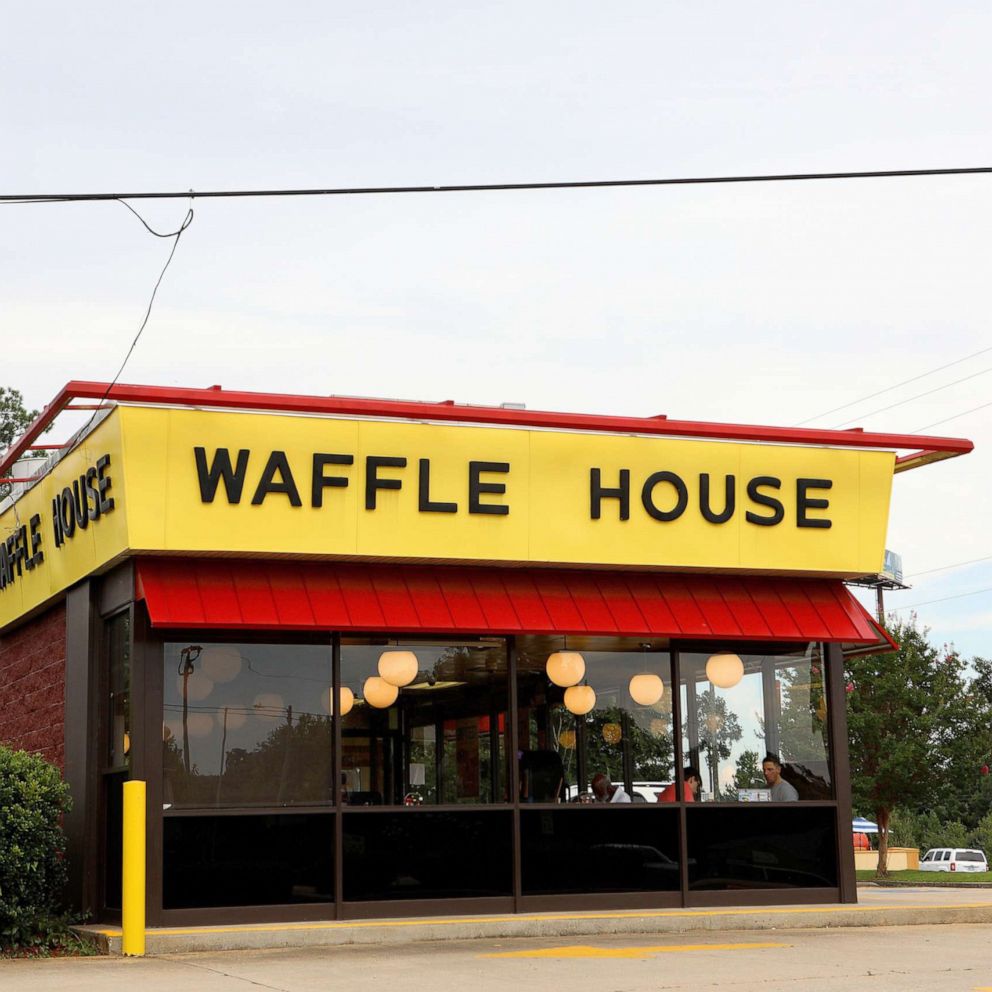Texas college students create website to track what's in stock at local grocery stores amid coronavirus pandemic

Two Texas teens spent their spring break building a website to help people find what grocery items are in stock at local stores, as the novel coronavirus pandemic has led to a run on many basic necessities.
"When we came back from college, we realized that our parents were really struggling to find some grocery items," Rithwik Pattikonda, 19, a sophomore at the University of Texas at Austin, told ABC News. "When we saw the news, we realized that the issue was much more widespread."
"Everyone was trying to find these high-demand items and were going to five or six grocery stores to find a specific item," he added. "Especially in this age of social distancing, when we are trying to flatten the curve, it's not good to have people going out to seven or eight different stores."

Pattikonda teamed up with his buddy, Darshan Bhatta, a freshman at the same university and fellow computer science major, to figure what they could do to help.
"We saw a problem, we tried to find a way that we could solve it, and then we started discussing that there is nothing that really tracks inventory of local grocery stores near you," Bhatta, 18, said.
The two ended up programming and creating Instok.org, a site that amalgamates inventory information from various store websites and breaks it down by zip code to help people find specific items such as toilet paper.
"Then you can go to one or two stores to find it, instead of going to seven or eight," Pattikonda said.

The duo, both from the greater Dallas area, launched the website March 23, and already have more than 280,000 users.
"After we launched this, we realized we could build more features and more sides of the platforms to help people even more," Pattikonda said.
Those include a community forum where users can post if they've found specific items at a specific store, so users nearby can then see that information in real time on their feed.
While initially they only included stock information for stores in their community, they've updated it to feature inventories of stores across the country.
"We are trying to add stores that are more nationwide first," Pattikonda said. "Hopefully, our community features can help promote smaller businesses and more local chains."
The college students said they were surprised how quickly their website gained traction.
"We felt like this would have an impact, but we didn’t expect it to grow exponentially as it has now," Bhatta said.

They have since recruited two friends, Sriram Hariharan and Shan Rizvi, to help with some of the programming and back-end work.
While they currently don't charge or have any funding for the site, if you wish to donate "for server costs, or just if you want to buy us a coffee, we have a button where you can do that," Pattikonda said.
They said they are especially touched by personal emails they have received of people saying how much the site was able to help them, such as one man who emailed saying he went to store-to-store looking for distilled water for medical reasons before he was able to find their site and save himself hours of traveling.
"Stories like that, that people have told us, have been really nice to hear," Pattikonda said.







